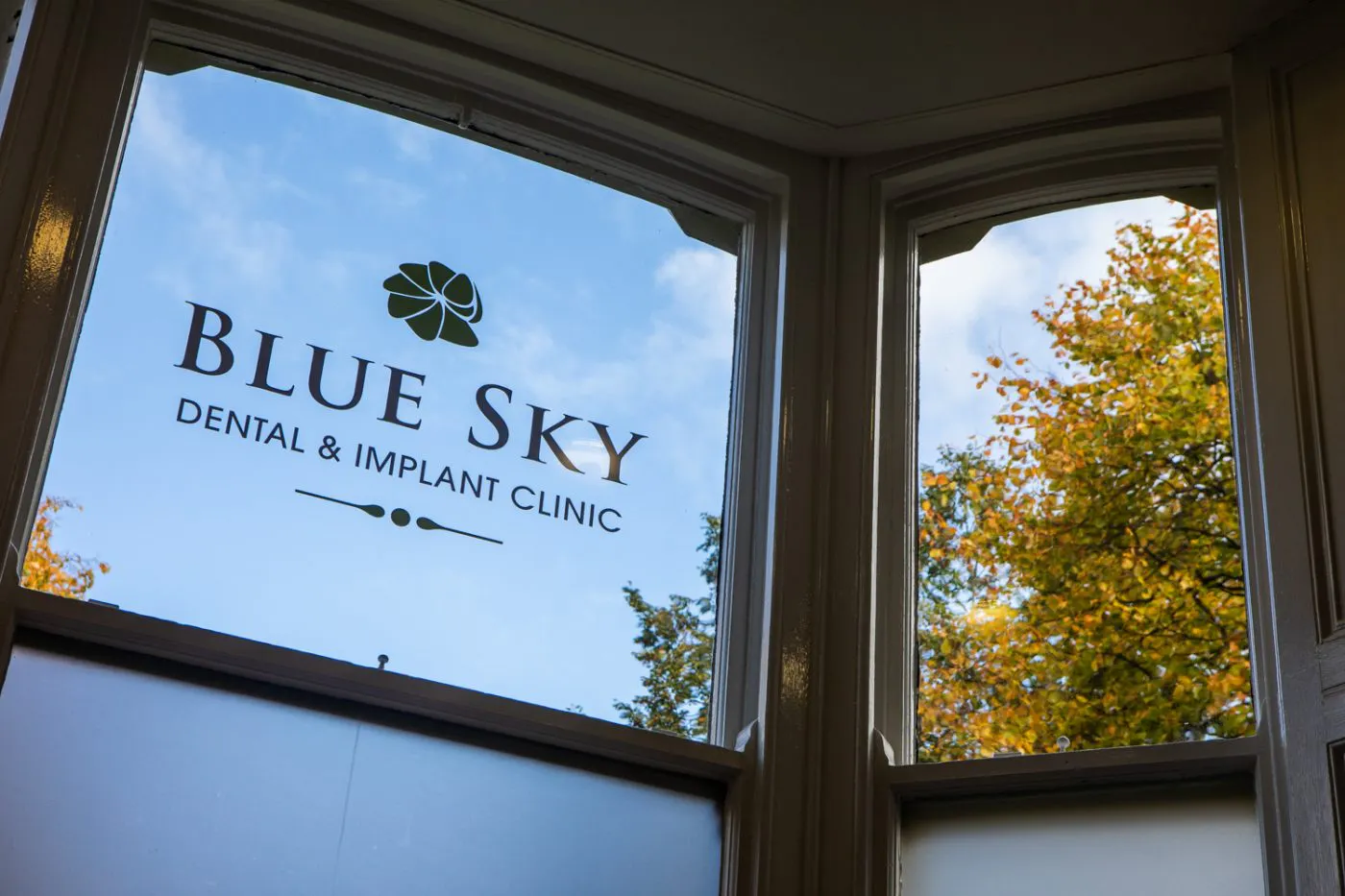Articles
Browse our range of blog articles. we offer advice on how to care for your teeth whilst you're not in the dentist's chair. Take a look and find out more about a range of dental topics and treatments.
Browse our range of blog articles. we offer advice on how to care for your teeth whilst you're not in the dentist's chair. Take a look and find out more about a range of dental topics and treatments.
To help you, we have collated some of the frequently asked questions and provided you with the answers below.
Our practitioners care about your oral hygiene routine, so to help you maintain a healthy mouth and smile, we have put together some handy video tips.
As our practices begin to reopen. We have put together some answers to frequently asked questions regarding your appointments and PPE.
New patient journey video
Take a look at our video to find out more about our new patient journey
Child patient journey
We understand that visiting the dentist can often be quite a big event for a child. Now things are different, we wanted to help showcase what a child should expect when they next visit the practice.
Your patient journey
Every single decision we have made and step we have taken has been with a focus on the safety of you, our colleagues and clinicians.
Advice
You may have already invested time and money to repair, straighten or restore teeth, however stained enamel, misshapen gums and deeply stained teeth could still be getting in the way of a perfect smile.

If you have missing teeth, ill-fitting dentures or are about to lose teeth due to surgery, you could have them replaced using dental implants in Northern Ireland.
If you are considering whitening your teeth, working with your dentist offers a safe solution to surface staining.
At Blue Sky Dental & Implant Clinic, cosmetic dentistry or cosmetic treatments combined with restorative procedures could reinstate your smile, giving you a second chance at a healthy, youthful appearance.
If you have been discussing whether to have dental implants fitted or are looking into restoring lost teeth, understanding the process and being prepared can pave the way for a stress-free, successful restoration.
Portman Dental Care Awards





